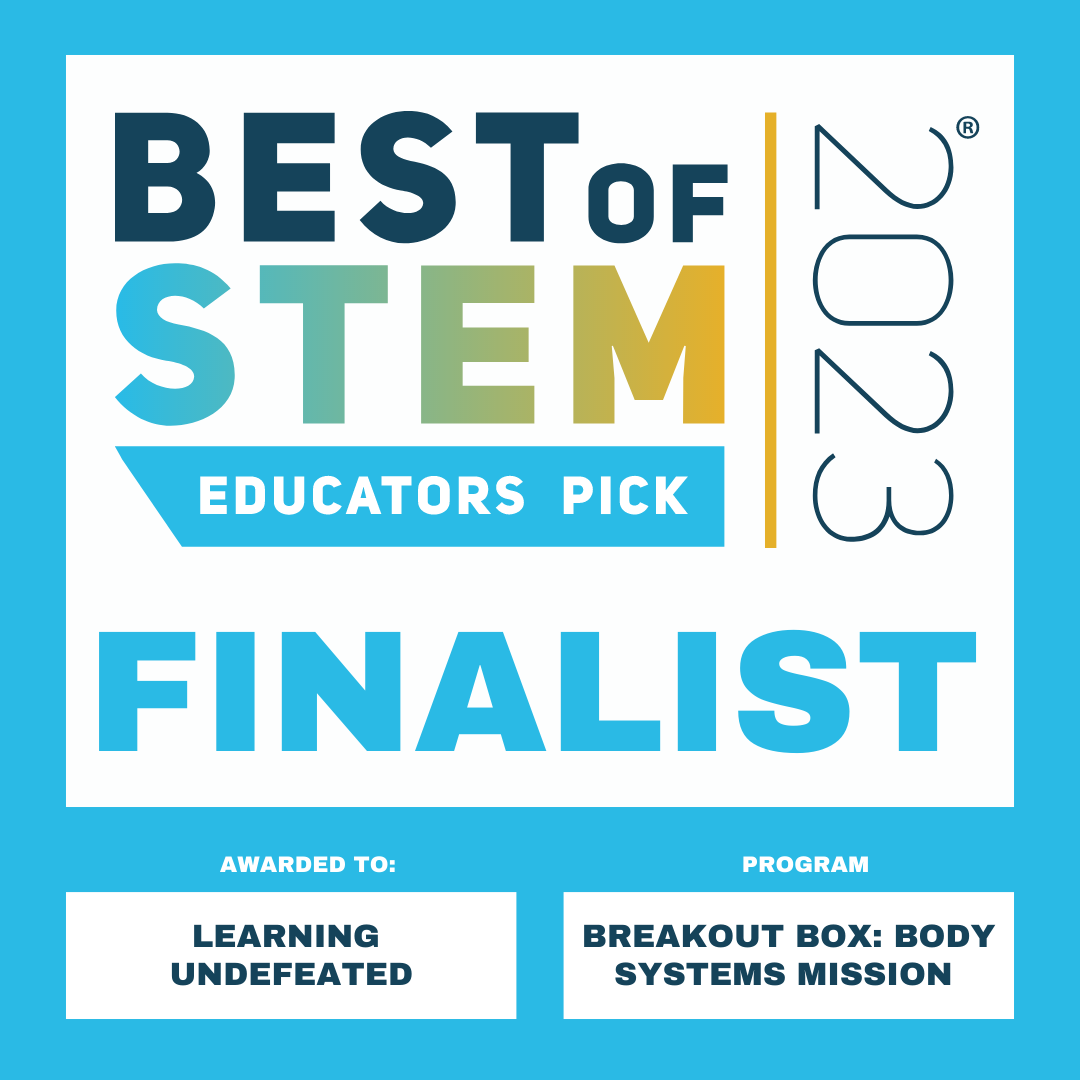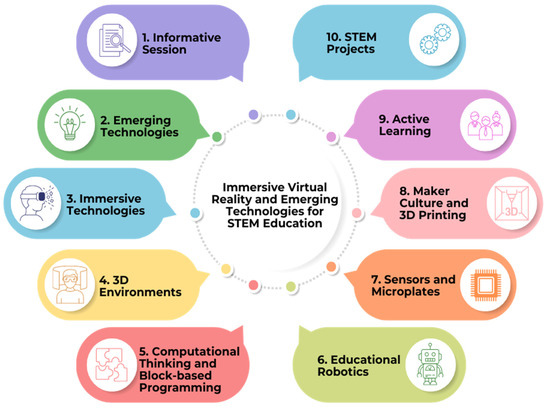Hybrid Learning Success Top Tips for Thriving Students
Introduction:
Alright, students, let’s dive into the world of hybrid learning—a blend of online and in-person education. Hybrid classes offer flexibility, but they also come with unique challenges. Fear not! In this guide, we’ll explore top tips to help you thrive and succeed in your hybrid learning journey.
Set Up a Dedicated Study Space:
Create a designated study area that’s conducive to learning. Whether it’s a quiet corner in your room or a cozy nook in the library, having a dedicated space helps you stay focused and organized. Stock it with essential supplies, snacks, and water to keep you fueled and ready to learn.
Establish a Consistent Routine:
Consistency is key in hybrid learning. Set a daily routine that includes specific times for attending online lectures, studying, and attending in-person classes. This structure not only helps you manage your time effectively but also creates a sense of normalcy amidst the hybrid format.
Stay Organized with Digital Tools:
Embrace technology to stay organized and on top of your assignments. Use digital calendars, task management apps, or online planners to track due dates, class schedules, and project deadlines. These tools help you juggle the demands of hybrid classes with ease.
Engage Actively in Virtual Discussions:
In virtual discussions and online forums, active participation is key. Don’t be a passive observer—share your thoughts, ask questions, and engage with your classmates and instructors. This not only enhances your learning but also fosters connections in the virtual space.
Maximize In-Person Class Time:
When you’re in the physical classroom, make the most of it. Come prepared with questions, review material beforehand, and participate actively in discussions. In-person class time is valuable, so use it to deepen your understanding and clarify any doubts.
Manage Screen Time and Take Breaks:
With hybrid learning, screen time can increase significantly. Be mindful of your screen usage and take regular breaks to rest your eyes and refresh your mind. Step away from screens, go for a walk, or engage in a non-digital hobby to rejuvenate.
Communicate Proactively with Instructors:
Don’t hesitate to reach out to your instructors for clarification or assistance. Whether it’s via email, virtual office hours, or in-person meetings, proactive communication shows your commitment to learning. Ask for feedback on assignments and seek guidance when needed.
Collaborate Effectively with Peers:
Hybrid learning doesn’t mean you’re on your own. Collaborate with your peers on group projects, study sessions, or virtual study groups. Working together not only enhances your understanding of the material but also builds a supportive learning community.
Seek Out Additional Resources:
Take advantage of additional resources available to you. This could include online tutorials, library resources, academic support centers, or virtual tutoring services. These resources supplement your learning and provide valuable assistance when needed.
Practice Self-Care and Mindfulness:
Last but certainly not least, prioritize your well-being. Hybrid learning can be demanding, so take time for self-care activities such as exercise, meditation, or simply relaxing. Listen to your body and mind, and know when to take a step back







64be9b29b5881.jpg)



